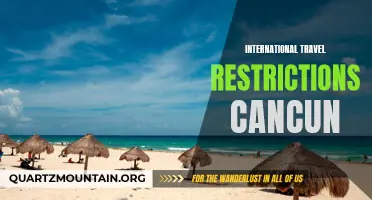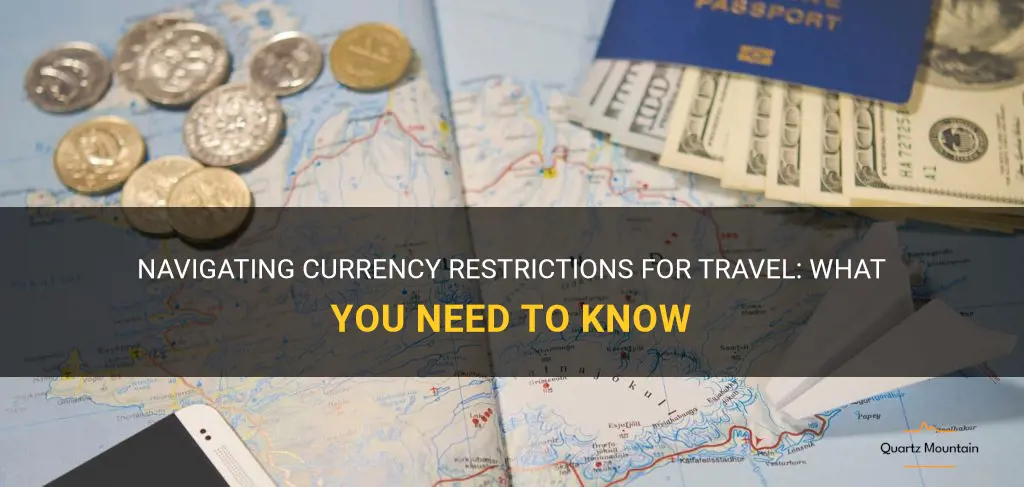
Currency restrictions can often feel like an obstacle course for travelers looking to explore the world. Whether it's dealing with limited withdrawal amounts, fluctuating exchange rates, or strict regulations, navigating the world of currencies can be a challenge. These restrictions, put in place by governments to control capital flow, aim to protect the economy but can have a significant impact on the travel experience. In this article, we will delve into the complexities of currency restrictions and explore how they affect travelers.
What You'll Learn
- Are there any currency restrictions for travel in certain countries?
- What are the limits on the amount of currency that can be taken out of a country while traveling?
- Are there any specific regulations on the types of currency that can be taken in and out of a country?
- How can individuals avoid running afoul of currency restrictions when traveling internationally?
- What are the consequences of violating currency restrictions while traveling?

Are there any currency restrictions for travel in certain countries?
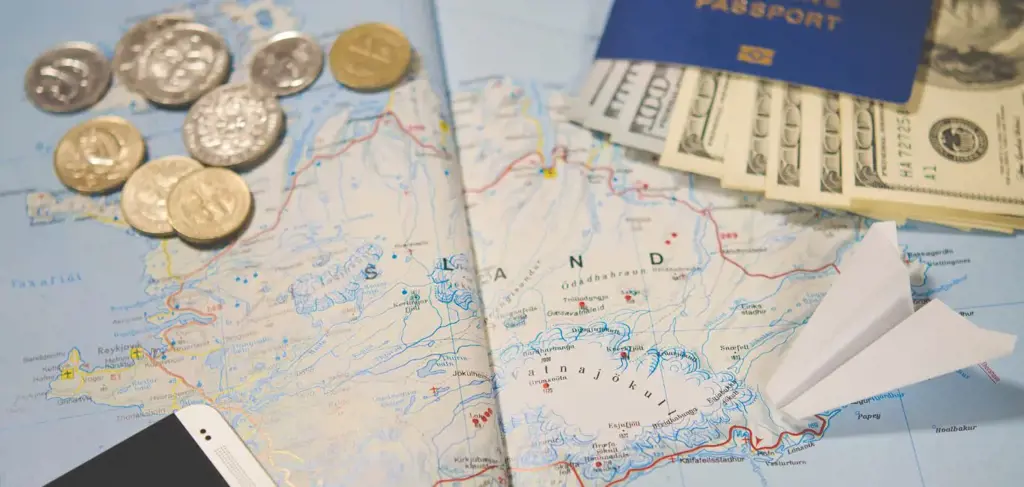
When planning a trip to a foreign country, it's important to be aware of any currency restrictions or regulations that may be in place. Some countries have strict currency controls that limit the amount of foreign currency you can bring into or take out of the country. These restrictions are usually in place to prevent money laundering, illegal activities, or to maintain the stability of the local currency.
It's a good idea to research the currency regulations of your destination country well in advance of your trip. Here are some common currency restrictions that you might encounter:
- Currency Import Restrictions: Some countries restrict the amount of foreign currency that you can bring into the country. This is done to control the inflow of foreign currency and prevent capital flight. It's important to check the limits on currency imports and declare any amount exceeding the limit to customs upon arrival.
- Currency Export Restrictions: Similarly, some countries restrict the amount of local currency that you can take out of the country. This is done to prevent a depletion of the country's foreign currency reserves. It's crucial to be aware of these limits and comply with them to avoid penalties or confiscation of currency at the border.
- Currency Exchange Regulations: In some countries, there may be restrictions on where and how you can exchange currency. They may mandate that you exchange currency only at authorized banks or exchange bureaus. It's essential to determine the authorized exchange locations and familiarize yourself with any related fees or commissions.
- Reporting Requirements: Certain countries require travelers to report the amount of currency they are carrying upon arrival or departure. This is typically for customs purposes and to monitor any suspicious or illegal activities. Failure to report the required amount may result in fines or other penalties.
- Currency Conversion Restrictions: Some countries have restrictions on converting their local currency into foreign currency or vice versa. This may limit the amount of local currency that you can convert into foreign currency. It's vital to be aware of these restrictions before attempting any conversions.
To ensure a smooth and hassle-free trip, it's advisable to consult with your local embassy or consulate of the destination country. They can provide you with the most up-to-date information regarding currency restrictions and regulations. Additionally, carrying a mix of cash, credit cards, and travel prepaid cards can offer some flexibility in managing your expenses and complying with currency restrictions.
Remember, being aware of currency restrictions and complying with them is crucial for a stress-free travel experience. By doing your research and planning ahead, you can avoid any potential issues and enjoy your trip to the fullest.
Exploring the Latest Travel Restrictions in Japan amid the COVID-19 Pandemic: What You Need to Know
You may want to see also

What are the limits on the amount of currency that can be taken out of a country while traveling?

When planning to travel abroad, it's important to be aware of the limits on the amount of currency that can be taken out of a country. These limits are put in place to prevent money laundering and tax evasion, and vary from country to country. In this article, we will explore the general guidelines for carrying currency while traveling and highlight some countries with specific regulations.
Carrying large amounts of cash when traveling can be risky, as it increases the chances of theft or loss. However, some travelers may still need to carry a significant amount of cash for various reasons. It's crucial to know the limits set by the country of departure and the destination country to avoid any legal complications.
In general, most countries do not have limitations on the amount of currency that can be taken out of the country. However, any amount exceeding a certain threshold must be declared to customs officials. This threshold can range from $1,000 to $10,000, depending on the country.
For example, in the United States, travelers must declare any amount exceeding $10,000 on the "Report of International Transportation of Currency or Monetary Instruments" form. Failure to declare can result in the seizure of the funds and potentially legal consequences.
Similarly, in the European Union, travelers must declare any amount exceeding €10,000 or its equivalent in another currency. Failure to comply with this requirement can result in fines or confiscation of the funds.
Some countries have stricter regulations when it comes to taking currency out of the country. For instance, China restricts the amount of Chinese yuan (CNY) that can be taken out to CNY 20,000 (approximately $3,000) or its equivalent in another currency. Failure to comply with this regulation can lead to fines or detention.
In India, the Reserve Bank of India prohibits the export of Indian rupees (INR) except for authorized purposes. Travelers departing from India can only carry up to INR 25,000 in currency notes per person.
It's important to note that carrying large amounts of cash when traveling can also raise suspicion with customs officials. They may inquire about the source of the funds and the purpose of the trip. If the authorities suspect any illegal activities, they have the right to investigate further.
To mitigate the risks associated with carrying cash, travelers are encouraged to use alternative methods such as traveler's cheques, prepaid travel cards, or credit/debit cards. These methods offer a secure way to access funds while traveling and can be easily replaced if lost or stolen.
In conclusion, the limits on the amount of currency that can be taken out of a country while traveling vary from country to country. It's essential for travelers to be aware of these regulations to avoid any legal complications. Carrying large amounts of cash should be done cautiously, and alternative methods of payment should be considered to ensure a safe and hassle-free travel experience.
Exploring the Latest Travel Restrictions at the Spain Embassy
You may want to see also

Are there any specific regulations on the types of currency that can be taken in and out of a country?
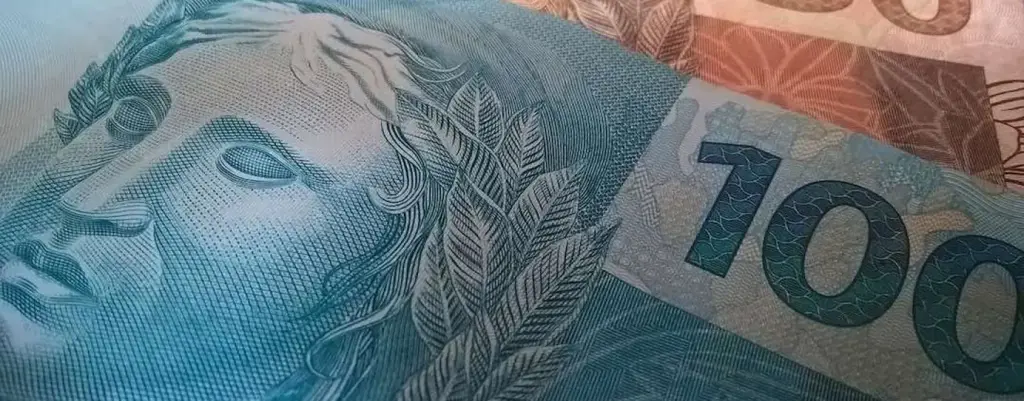
When traveling internationally, it's important to be aware of any restrictions or regulations concerning the types of currency that can be taken in and out of a country. These regulations are in place to prevent money laundering, fraud, and the smuggling of counterfeit currency. Different countries may have different requirements, so it is essential to research and comply with these regulations to avoid any legal issues or difficulties during your trip.
One common regulation is the need to declare any amount of currency exceeding a certain threshold when entering or leaving a country. This is typically done by filling out a customs declaration form, which asks you to declare the amount of currency you are carrying. Failure to declare currency above the threshold can result in fines or confiscation of the funds.
The threshold amount varies from country to country. In the United States, for example, you must declare any amount equal to or exceeding $10,000. Other countries may have different thresholds, so it is important to check the specific regulations of the country you are visiting or leaving.
In addition to declaring currency above certain thresholds, some countries also have restrictions on the types of currency that can be taken in or out. For example, India limits the amount of Indian Rupees that can be taken out of the country to INR 25,000, while China restricts the amount of Chinese Yuan to CNY 20,000.
Certain countries also have restrictions on the amount of foreign currency that can be brought in or taken out. For instance, Argentina limits the amount of foreign currency that can be taken out of the country to $10,000. These restrictions are in place to control the flow of foreign currency within the country and maintain stability in the local economy.
To ensure compliance with these regulations, it is advisable to contact the embassy or consulate of the country you are visiting or leaving before traveling. They will provide you with up-to-date information on the specific requirements and regulations regarding the types and amounts of currency that can be taken in and out of the country.
It's also important to note that some countries may have additional regulations for specific forms of currency, such as traveler's checks or cryptocurrency. These regulations are usually in place to combat money laundering and fraud. For example, Japan has regulations on the use of cryptocurrency and requires exchanges to comply with certain anti-money laundering measures.
In conclusion, it is crucial to be aware of and comply with any regulations on the types and amounts of currency that can be taken in and out of a country. These regulations vary from country to country and can include limitations on the threshold for currency declaration, restrictions on certain types of currency, and limits on the amount of foreign currency that can be brought in or taken out. To ensure a smooth and legal trip, it is best to research and follow the specific regulations of the country you are visiting or leaving.
Exploring California Amid Travel Restrictions and Quarantine Measures
You may want to see also

How can individuals avoid running afoul of currency restrictions when traveling internationally?
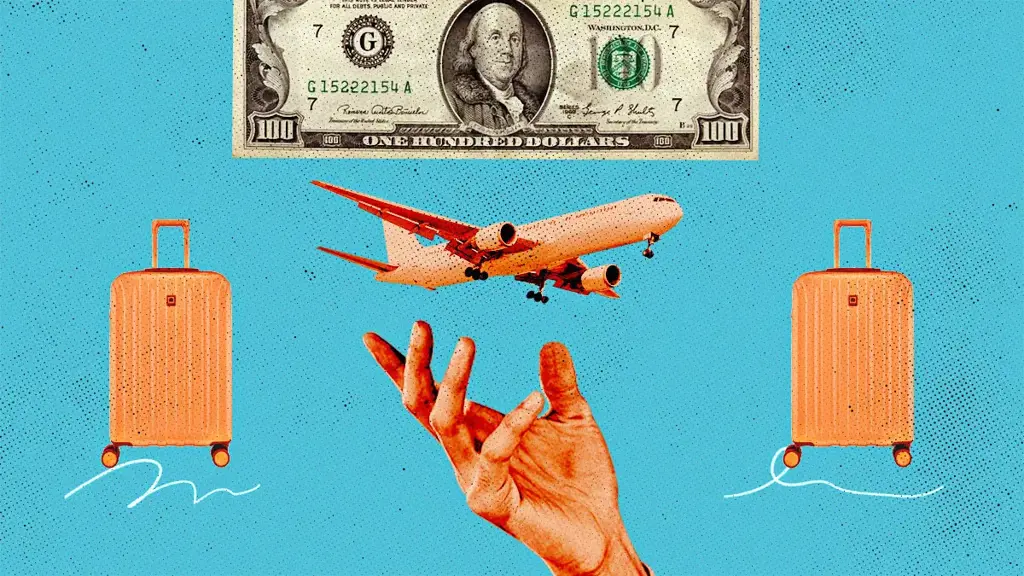
When individuals travel internationally, they may encounter currency restrictions imposed by both their own country and the destination country. These restrictions are in place to regulate the flow of money across borders and ensure economic stability. To avoid running afoul of these currency restrictions when traveling, here are some helpful tips.
- Research currency regulations: Before traveling to a particular country, it is important to thoroughly research the currency restrictions and regulations in place. This includes understanding any limits on the amount of currency you can carry, whether there are restrictions on certain currencies, and if there are any reporting requirements.
- Use electronic payment methods: Instead of carrying large amounts of cash, consider using electronic payment methods such as credit or debit cards. These are accepted worldwide and generally offer a more secure and convenient way to make payments when traveling. However, be aware of any foreign transaction fees that may apply.
- Notify your bank and credit card providers: Before traveling, inform your bank and credit card providers of your travel plans. This will ensure that they do not flag any transactions as suspicious and potentially freeze your accounts. It is also a good idea to have multiple payment options in case one is not accepted or encountered any issues.
- Carry a mix of currencies: When traveling to a country with strict currency restrictions, carrying a mix of currencies can be beneficial. This can include commonly accepted currencies such as the US dollar or Euro, which can be used as a backup if the local currency proves difficult to obtain or exchange.
- Familiarize yourself with local laws and regulations: Every country has its own specific currency laws and regulations, so it is important to familiarize yourself with them before and during your trip. This includes understanding any restrictions on bringing in or taking out local currency, as well as any reporting requirements for large cash transactions.
- Keep all receipts and documentation: When exchanging currency or making large cash transactions, always keep receipts and any necessary documentation. This will serve as proof of the legitimate source of your funds and can help you avoid any disputes or issues with authorities.
- Seek guidance from local authorities or experts: If you are unsure about any currency restrictions or regulations, it is best to seek guidance from local authorities or experts such as banks or reputable currency exchange providers. They can provide you with accurate and up-to-date information to ensure you comply with all the necessary rules.
By following these tips, individuals can navigate currency restrictions when traveling internationally smoothly and avoid any potential legal or financial issues. It is essential to be well-informed and prepared before embarking on your travels to ensure a hassle-free experience.
Navigating the Canterbury Travel Restrictions: What You Need to Know
You may want to see also

What are the consequences of violating currency restrictions while traveling?
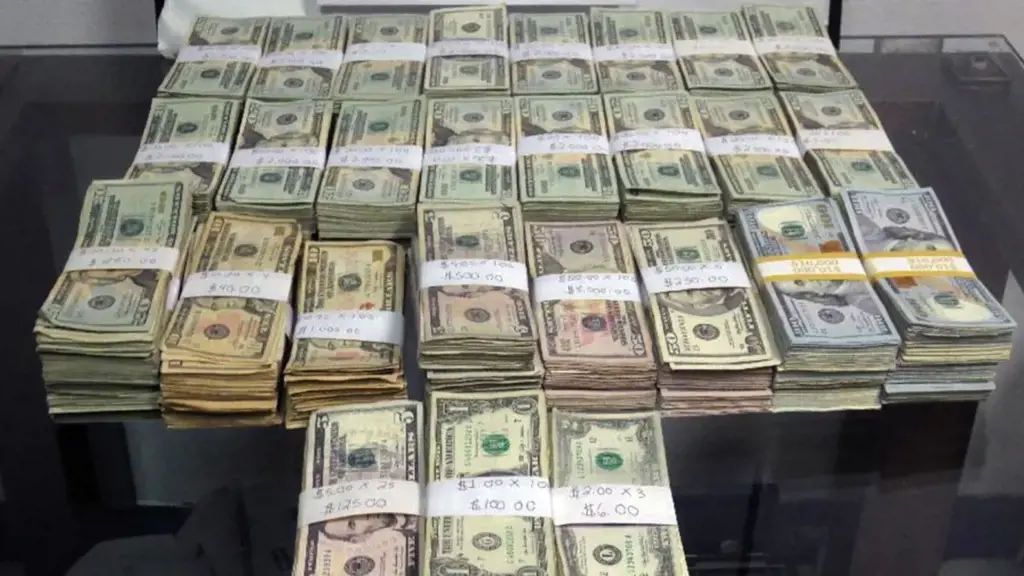
Traveling to different countries can be an exciting and enriching experience, but it is important to be aware of the currency restrictions that exist in some nations. These restrictions are put in place by governments to control the flow of money into and out of the country, and violating these restrictions can have serious consequences.
One common currency restriction is a limit on the amount of cash that travelers can bring into or take out of a country. This is often done to prevent money laundering or tax evasion. If you are found to be carrying more cash than the allowed limit, you may be subject to fines or, in some cases, even imprisonment. It is important to research and know the currency restrictions of the country you are visiting and ensure that you are compliant.
Another type of currency restriction to be aware of is the prohibition on certain currencies or forms of payment. For example, some countries may not accept certain types of foreign currency or may have restrictions on the use of credit cards. Violating these restrictions can result in difficulties during your travels, such as being unable to pay for goods or services. It is always advisable to have the local currency or a widely accepted form of payment when traveling to a foreign country.
In addition to legal consequences, violating currency restrictions can also have financial implications. For example, if you are carrying more cash than allowed and it is confiscated by customs authorities, you may lose the money altogether. Similarly, if you try to use a form of payment that is not accepted in a particular country, you may incur additional fees or have to exchange your money at unfavorable rates.
It is also worth noting that violating currency restrictions can have long-term consequences. For example, if you are caught violating currency restrictions at one country's border, this information may be shared with other governments and could affect your ability to travel in the future. It is important to always comply with the currency regulations of the countries you visit to avoid any negative repercussions.
To avoid the consequences of violating currency restrictions while traveling, it is important to research and understand the currency regulations of the country you are visiting. This information can usually be found on the website of the country's embassy or consulate. It is also advisable to notify your bank and credit card company of your travel plans to ensure that your cards will work in the country you are visiting.
In conclusion, violating currency restrictions while traveling can have serious consequences. These can include legal penalties, financial loss, and long-term implications for future travel. It is important to be aware of and comply with the currency regulations of the countries you visit to avoid these consequences. Researching and understanding these restrictions before your trip can help ensure a smooth and trouble-free travel experience.
Navigating Blood Donation and Travel Restrictions: What You Need to Know
You may want to see also
Frequently asked questions
Yes, most countries have restrictions on the amount of cash that can be brought into or taken out of their borders. The exact limits vary from country to country, but it is generally advised to check with the embassy or consulate of the destination country for specific information.
If you exceed the cash limit set by the destination country, you may be required to declare the amount of cash you are carrying and may even face confiscation of the excess funds. In some cases, you may also be subject to fines or other penalties.
In general, there are no restrictions on using credit or debit cards while traveling internationally. However, it is recommended to inform your bank or credit card company of your travel plans to avoid any issues with your card being blocked or flagged for suspicious activity while you are abroad.
There may be restrictions on transferring money between countries, known as capital controls. These restrictions are put in place by governments to regulate the flow of funds in and out of their countries. It is important to check the specific regulations of the countries involved before attempting any money transfers.
While most countries allow tourists to exchange foreign currency back to their home currency, there may be certain restrictions or regulations in place. These could include limits on the amount that can be exchanged or requirements for presenting identification. It is advisable to check with currency exchange providers or banks for information on any restrictions.



